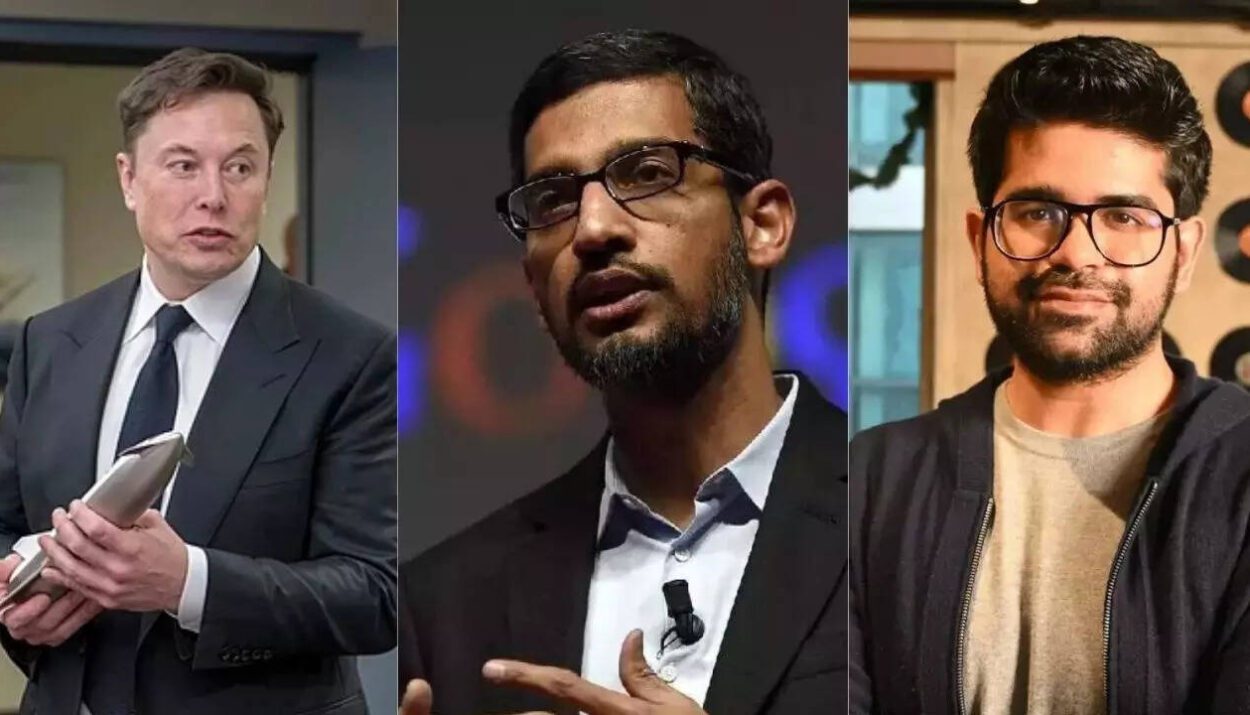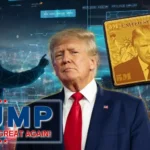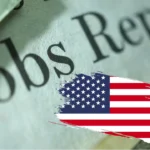President Trump’s $100,000 H-1B visa fee plan is sending shockwaves through Washington and Silicon Valley. But the debate often overlooks a critical fact: many of America’s most iconic tech leaders began their journey on H-1B visas.
A Program Under Fire
The H-1B visa program, created in 1990, allows US companies to hire foreign workers in specialized occupations like IT, engineering, and healthcare. For decades it has been praised by business leaders for bringing in highly skilled talent, while critics argue it takes jobs away from US citizens and is vulnerable to abuse.
Now, Trump’s executive order imposing a $100,000 application fee threatens to reshape the program entirely. Opponents warn the move could stifle innovation and push talent elsewhere. Yet, history shows that H-1B visas played a pivotal role in shaping America’s tech giants.
Elon Musk – From South Africa to Silicon Valley
Elon Musk, the world’s richest man and founder of Tesla, SpaceX, and xAI, has credited the H-1B program with enabling his career in the United States. After moving from South Africa to study at the University of Pennsylvania, Musk has said plainly that “the reason I’m in America along with so many critical people who built SpaceX, Tesla and hundreds of other companies… was the H-1B visa.”
Musk has supported reforming the program but remains one of its most high-profile beneficiaries.

Eric Yuan – Zoom’s Relentless Founder
Zoom’s founder and CEO Eric Yuan arrived from China in 1997 after being rejected for a US visa eight times. On his ninth attempt, he entered the country on an H-1B to work at Cisco-Webex. Yuan barely spoke English but later founded Zoom in 2011, building it into a household name during the pandemic.
His journey reflects both the challenges and opportunities tied to H-1B access — and how persistence can change global communications.
Satya Nadella – A Green Card for an H-1B
Microsoft CEO Satya Nadella’s path is a striking example of how complicated the visa system can be. In the 1990s, Nadella gave up his US green card to bring his wife into the country on an H-1B visa. He has since spoken about the “silliness” of such trade-offs, while defending the program as vital to Microsoft’s competitiveness.
Jayshree Ullal – Building Arista Networks
Jayshree Ullal, CEO of Arista Networks, once held an H-1B visa before becoming one of America’s few female immigrant billionaires. She has criticized the slow immigration process — sometimes taking 15 years for permanent residence — as a major obstacle for talented professionals.
At Arista, Ullal has emphasized that “the best developers can come from anywhere,” underscoring the global distribution of tech talent.
Jeffrey Skoll – eBay’s First President
Canadian-born Jeff Skoll, the first president of eBay, secured an H-1B visa in 1996 while helping build the platform with Pierre Omidyar. Skoll has been vocal about how hard it was to get and keep his visa, even as a Stanford graduate working on a groundbreaking startup.
He recently joined Elon Musk in defending the H-1B system, saying it remains essential for innovation, despite its flaws.
The debate around Trump’s H-1B fee hike often centers on economics, protectionism, and politics. But the stories of Musk, Yuan, Nadella, Ullal, and Skoll highlight a deeper truth: America’s tech dominance has been fueled by immigrant talent. Restricting that pipeline could protect some jobs in the short run — but risks undermining the very innovation that made the US the world’s technology leader.
Related: Trump’s $100,000 H-1B Visa Fee: What It Means for Tech, Talent, and Markets










